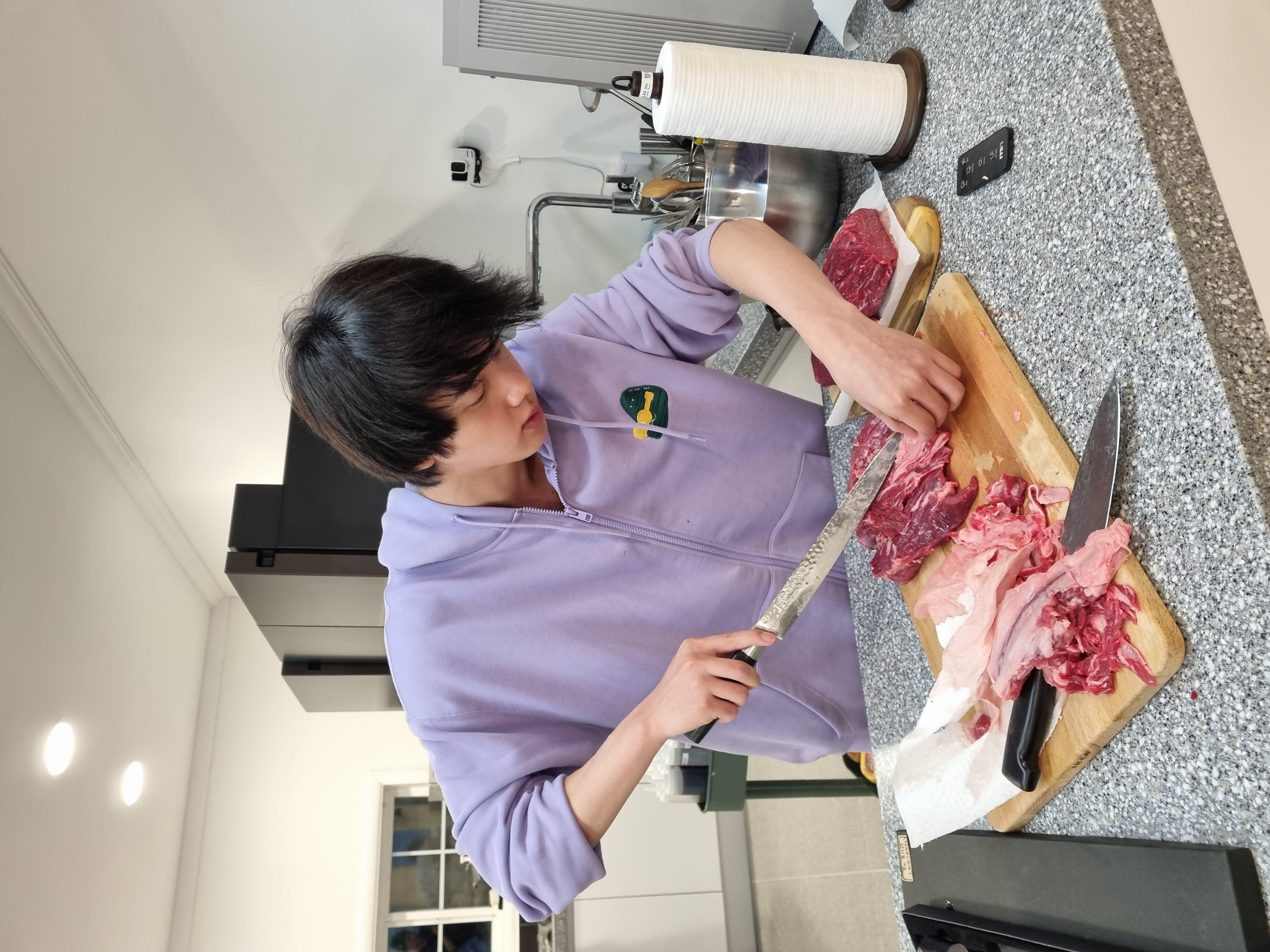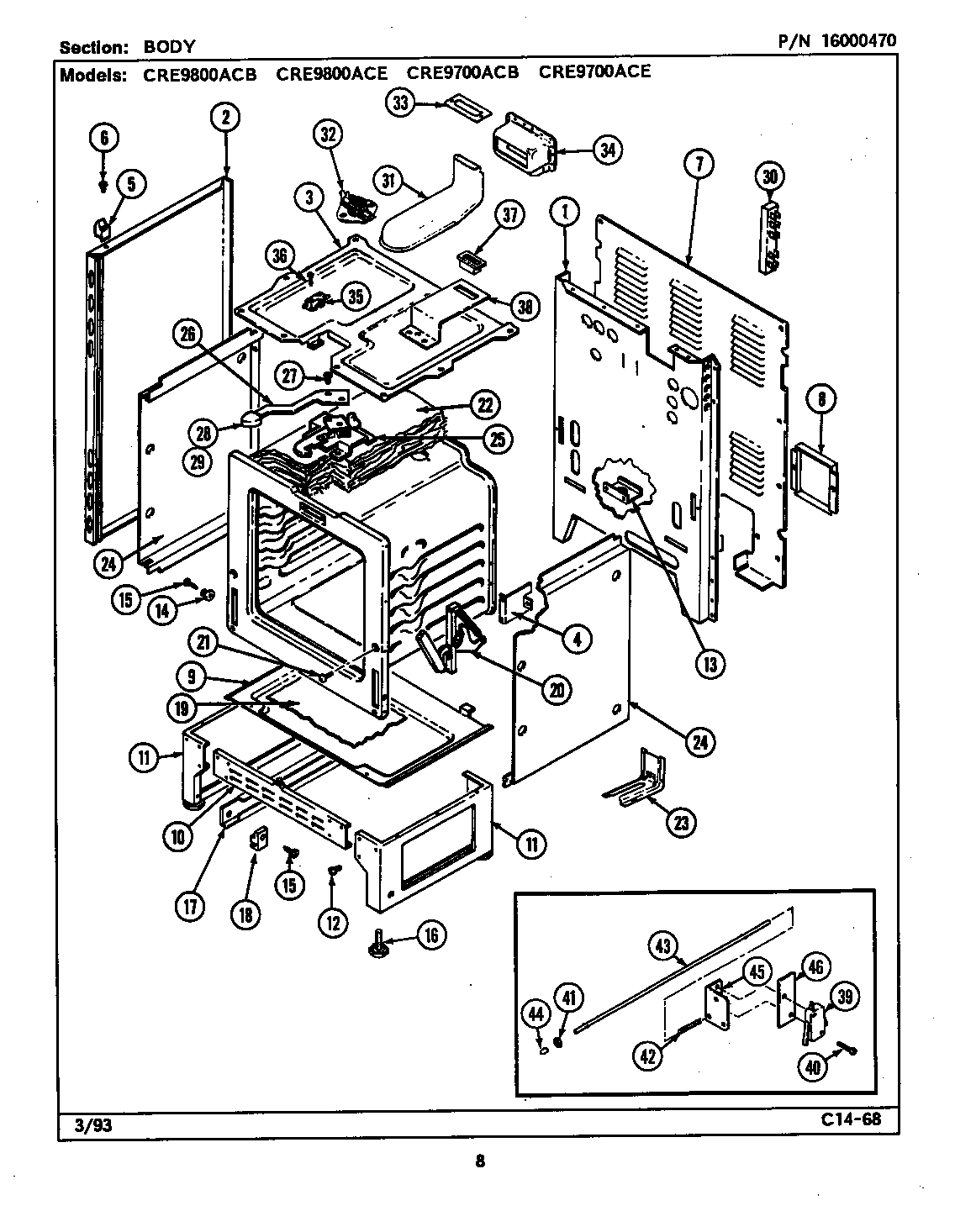قویترین ٠رکانس ماهواره بدر - سیگنالی برای تماشای بهتر
Have you ever found yourself sitting down to relax, maybe after a rather long day, hoping to catch your favorite show or a bit of news, only to be met with a frozen screen or a signal that breaks up? It can feel a bit frustrating, can't it? Well, a lot of times, what you are seeing, or perhaps not seeing, comes down to how strong your satellite signal is. We are talking about the Badr satellite here, and getting its strongest frequency can make a real difference in how you experience your television.
Just like how some words in a language have a clear, distinct sound that carries well, a satellite signal needs to be clear and strong to deliver a good picture and sound. It's not just about having a dish; it's about making sure that dish is picking up the clearest possible message from the sky. This whole idea of finding the best signal, the one that really comes through, is something many folks wonder about. It is that kind of clarity that makes for a pleasant viewing time, you know, without all the interruptions.
So, we are going to talk about what makes a signal strong, what might get in its way, and some straightforward ways you can try to get the very best out of your Badr satellite setup. This isn't about anything overly technical or hard to grasp; it's more about helping you enjoy your programs without those little annoyances. We want you to have a smooth, enjoyable time whenever you turn on your TV, and that, in a way, starts with a good signal.
- Morgan Wallen Concert Length
- Agentredgirl
- Exploring Malachi Bartons Relationships The Young Stars Personal Connections
- Daisys Destruction
- 2 Babies One Fox
Table of Contents
- قویترین ٠رکانس ماهواره بدر - چرا این مهم است؟
- چگونه میتوان قویترین ٠رکانس ماهواره بدر را پیدا کرد؟
- ٠رکانس‌های مختل٠، تجربیات مت٠اوت
- آیا همه قویترین ٠رکانس ماهواره بدر را می‌شناسند؟
- تاثیر عوامل Ù…ØÙ„ÛŒ بر قویترین ٠رکانس ماهواره بدر
- چه تجهیزاتی بر قویترین ٠رکانس ماهواره بدر تاثیر دارد؟
- نکاتی برای بهینه‌سازی سیگنال
- مراقبت از تجهیزات برای Ø٠ظ قویترین ٠رکانس ماهواره بدر
قویترین ٠رکانس ماهواره بدر - چرا این مهم است؟
You know, when we talk about the strongest Badr satellite frequency, it's really about getting the clearest picture and sound without any hiccups. Think of it like this: if you're trying to hear someone speak, and their voice is a bit quiet or there's a lot of background noise, it's hard to catch every word. But if they speak clearly and loudly, you get everything. That's essentially what a strong frequency does for your TV signal. It ensures the data, the pictures and sounds, come through without a hitch, so you don't miss a thing. It's actually a pretty simple concept when you break it down.
Having a weaker signal can mean a lot of things that just aren't fun. You might see the picture pixelate, or freeze up, or maybe the sound goes in and out. Sometimes, a channel might not even show up at all, which is rather annoying. This happens because the signal isn't quite strong enough for your receiver to put all the pieces together correctly. It's like trying to read a letter where some of the ink has faded; you can get the gist, but you miss the finer points. So, finding the strongest Badr satellite frequency helps avoid all those little frustrations and gives you a much smoother viewing time.
Moreover, getting that top signal quality means you're making the most of your satellite setup. You've got the dish, the receiver, and all the bits and pieces, so why not make sure they're doing their very best? It's about getting the full value and the best experience possible from your entertainment system. This isn't just about watching TV; it's about enjoying what you watch without feeling like you're fighting with the equipment. It truly makes a big difference in the day-to-day use of your television.
- Two Babies And One Fox
- Leanne Morgan Journey Concert
- From Champion To Inspiration Ronnie Coleman Now
- Ralph Macchio Net Worth
- Hannah Wilcox Ricketts
چگونه میتوان قویترین ٠رکانس ماهواره بدر را پیدا کرد؟
Finding the strongest Badr satellite frequency is often about getting your dish pointing just right. It's a bit like trying to catch a ball; you need to have your hands in the perfect spot to grab it cleanly. For a satellite dish, that means making sure it's aimed at the satellite in the sky with great care. Even a small shift, just a little bit off, can make a big difference in how well the signal comes through. This might involve moving the dish around slightly, often with someone watching the TV screen for a signal strength meter to see the numbers go up. It’s a process of tiny adjustments, usually.
Then there's the LNB, which is that little arm sticking out from the dish. That piece also needs to be set correctly. It has a certain tilt or skew that helps it pick up the signal in the best way possible. Think of it as the microphone for your dish; if the microphone isn't angled properly, it won't pick up the sound as well. Adjusting the LNB skew, sometimes by just a degree or two, can notably improve the signal quality, especially for the strongest Badr satellite frequency. It's a fine-tuning step that many people might overlook, but it can be quite important.
Sometimes, what seems like a weak signal is actually a matter of needing to scan for channels again on your receiver. Satellite providers occasionally change frequencies or add new channels, and if your receiver isn't updated, it might not know where to look. It's a bit like having an old phone book when the numbers have changed. So, running a fresh scan can sometimes magically bring back channels or improve their quality because your receiver then knows the most current locations for the strongest Badr satellite frequency. This is often a good first step if you suddenly notice issues.
٠رکانس‌های مختل٠، تجربیات مت٠اوت
It's interesting to think about how different frequencies, even from the same Badr satellite, can feel quite distinct in terms of how well they come through. You might find that one channel is crystal clear, while another on a different frequency is a bit choppy. This isn't necessarily a problem with your setup; it's just how signals are broadcast. Some frequencies might be naturally stronger or have less interference, while others might be more susceptible to things like weather or obstructions. It’s like how some radio stations come in perfectly in your car, but others fade in and out, you know?
Some people might even think that if they have a signal on one frequency, then all frequencies from that satellite should be equally good. That's a bit of a common misunderstanding, a bit like thinking that because two words look similar, they must mean the same thing. In reality, different frequencies carry different sets of channels, and each frequency has its own characteristics, its own particular way of traveling through the air. So, while you might be receiving a general signal from the Badr satellite, finding the strongest Badr satellite frequency for a specific channel often means looking at that channel's individual frequency settings. It's not a one-size-fits-all kind of deal.
Because of these differences, what works perfectly for your neighbor might be just okay for you, even if you both have similar equipment. Things like local conditions or even the exact model of your receiver can play a part. So, if you're chasing that perfect signal, it's worth remembering that not all frequencies are created equal in terms of how they arrive at your dish. It really does vary from one to the next, which is why a little bit of fine-tuning can go a long way in getting that optimal viewing experience.
آیا همه قویترین ٠رکانس ماهواره بدر را می‌شناسند؟
Well, to be honest, not everyone knows the specific strongest Badr satellite frequency, and that's perfectly okay. The "strongest" frequency can sometimes be a bit fluid, changing slightly depending on your exact location, the time of day, or even the particular model of your receiving equipment. It's not like there's one single, universally agreed-upon "strongest" frequency that works perfectly for every single person everywhere. It's more of a general idea, a target to aim for, rather than a fixed point. This is why you might see different recommendations online, which can be a little confusing, actually.
Think about it this way: just like how certain ways of speaking might be more common in one area compared to another, even within the same language, satellite signals can have regional quirks. What's considered the absolute best frequency for someone living in one country might not be the exact same for someone a few hundred miles away. This is partly due to the satellite's "footprint," which is the area it covers with its signal, and how that signal strength varies across that area. So, what's optimal for getting the strongest Badr satellite frequency really depends on where you are on the map, you see.
Also, the idea of a "strongest" frequency can sometimes be a bit subjective, or rather, it depends on what you're trying to watch. Some channels might be broadcast on frequencies that are inherently easier to pick up, while others might require a bit more effort from your dish and receiver. So, while there are common frequencies known for being quite reliable, whether it's the absolute "strongest" for *your* specific needs can vary. It's not a secret code that everyone has to memorize; it's more about understanding your own setup and local conditions to get the best out of it. People often learn through trial and error, which is pretty common.
تاثیر عوامل Ù…ØÙ„ÛŒ بر قویترین ٠رکانس ماهواره بدر
The environment around your home can play a rather significant role in how well your satellite signal comes through.
- Joe Pesci Health A Comprehensive Look At The Iconic Actors Wellbeing
- Sowte Ifsa
- Christopher Walken Net Worth
- Was The Shah Of Iran A Good Leader
- Mysterious Skin Bathroom

Weverse - Official for All Fans

٠ورك لي٠ت كاتر بلر 3 طن - Swiss Trading EST.

Maytag CRE9800ACB Timer - Stove Clocks and Appliance Timers